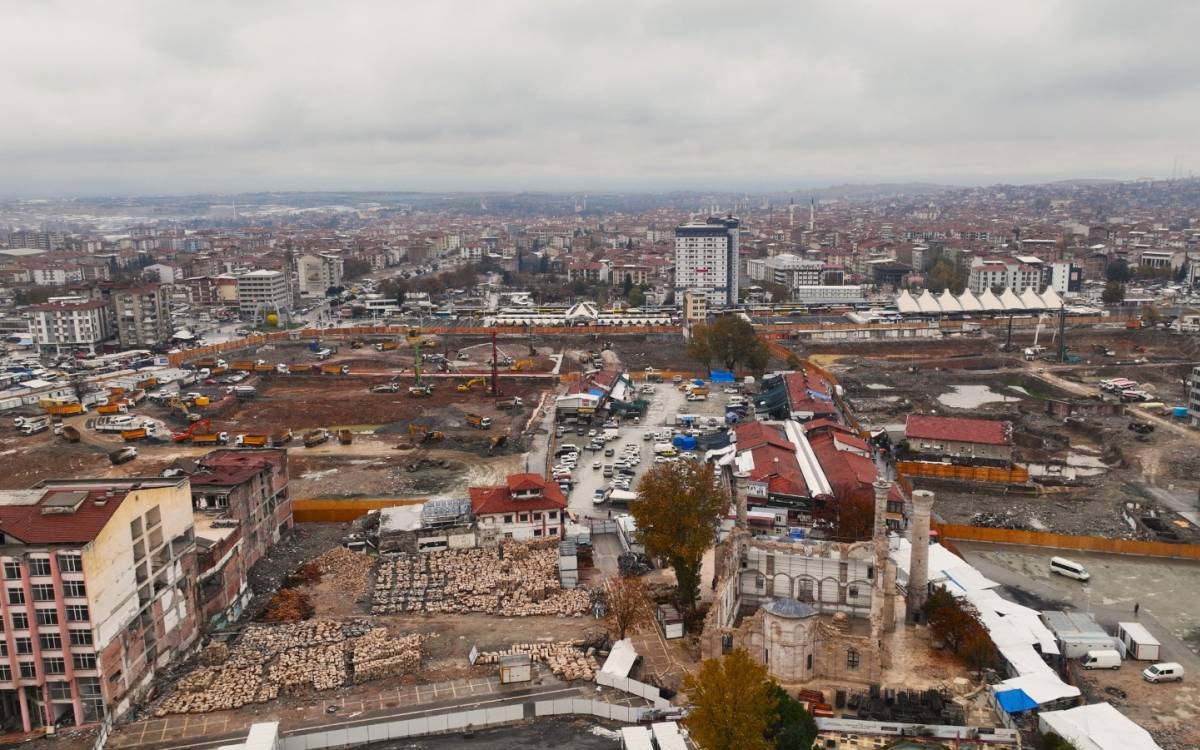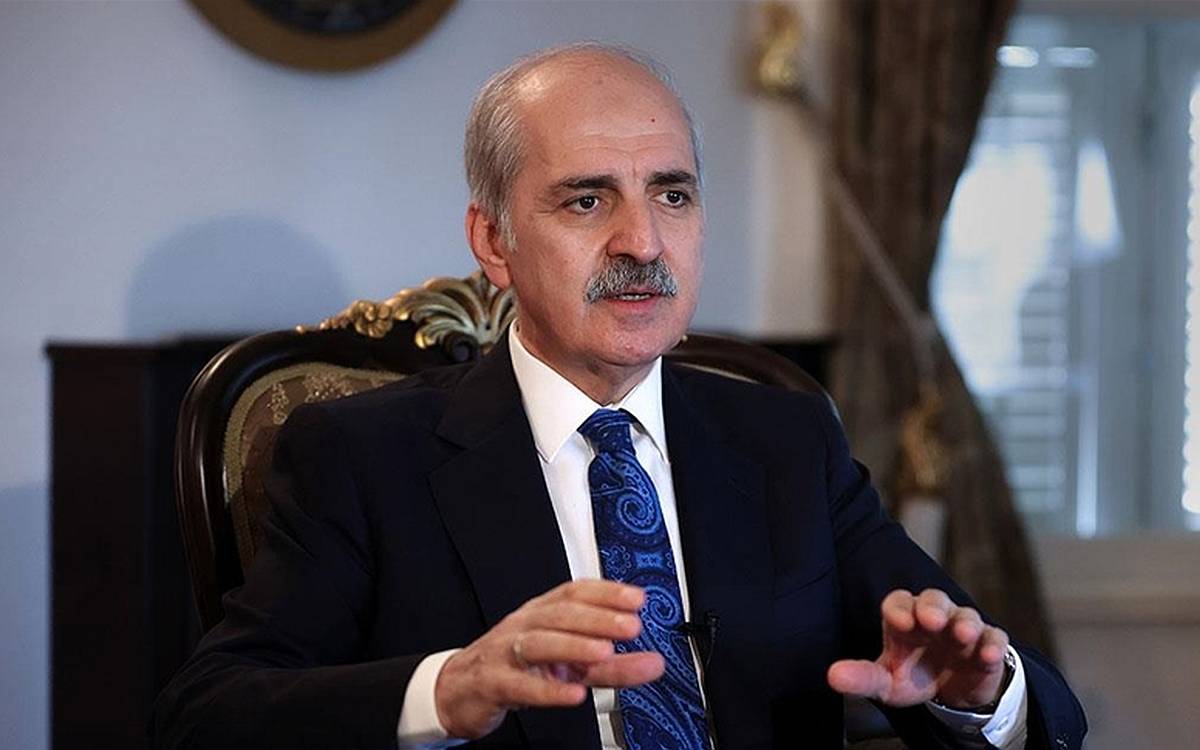Although Malatya experienced significant destruction in the earthquakes in Maraş on February 6, 2023, it could not adequately make its voice heard due to the lower loss of life compared to other provinces.
In the earthquake with a magnitude of 6.8 that occurred in Sivrice district of Elazığ on January 24, 2020, in Malatya, especially in Battalgazi and Yeşilyurt districts, as well as Pütürge, Doğanyol, and Kale, suffered damage. Despite warnings from officials and experts, no earthquake-related measures were taken in areas with high population density such as İnönü, Kışla, Sivas, Emeksiz, and Turgut Temelli avenues.
Citizens rushed to help those trapped under the debris in the city, while search and rescue teams were able to reach the city hours later.
In Malatya, during the earthquakes on February 6, 5,000 buildings collapsed, 1,246 people lost their lives, and hundreds of thousands of people had to leave the city after the earthquake. Following the earthquakes, there were reactions when the Disaster and Emergency Management Authority's (AFAD) information about disaster victim aid allowances categorized Malatya among the "less affected provinces." Additionally, in a 3-minute 40-second video prepared by TRT, Malatya was not included.
In Malatya, where the city center was completely destroyed, thousands of businesses were demolished, including butcher shops, fresh produce vendors, shoemakers, fishmongers, cheese market, as well as the Copper-smiths' and jewelers' markets. On July 29, as part of the Ministry of Environment, Urbanization, and Climate Change's 'In-SituTransformation' project, the foundation was laid for the Copper-smiths' Market. Despite more than 5 months passing since the groundbreaking, there has been no progress. The water that emerged from the foundation first turned into a pool and then into a lake.
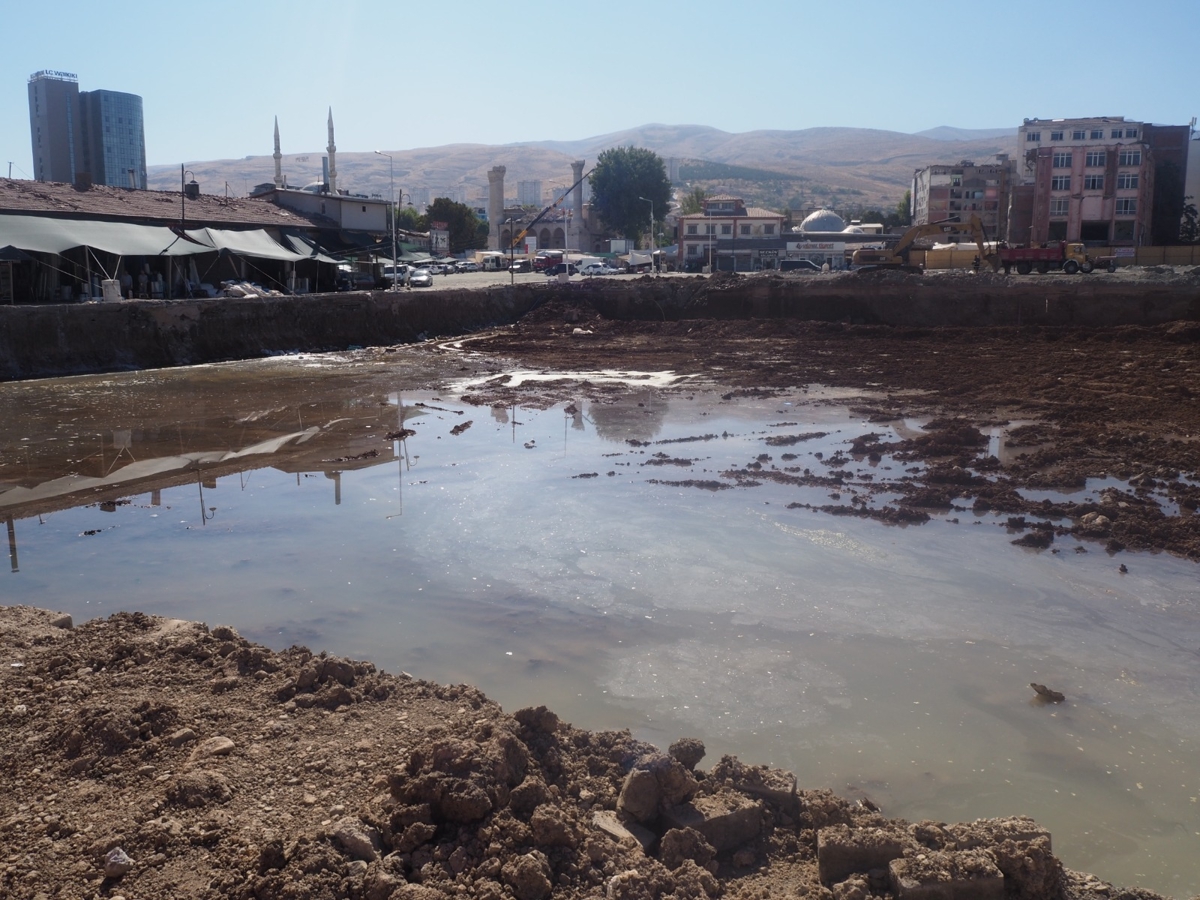
In Malatya, nearly 36,000 buildings received a "heavily damaged" report. Residents of apartments in buildings that were later shifted from "heavily damaged" to "medium" or from "medium damaged" to "slightly damaged" expressed their outrage at the situation. To the extent that, in the current process, some citizens have started hanging banners on their balconies stating, "This building is heavily damaged."
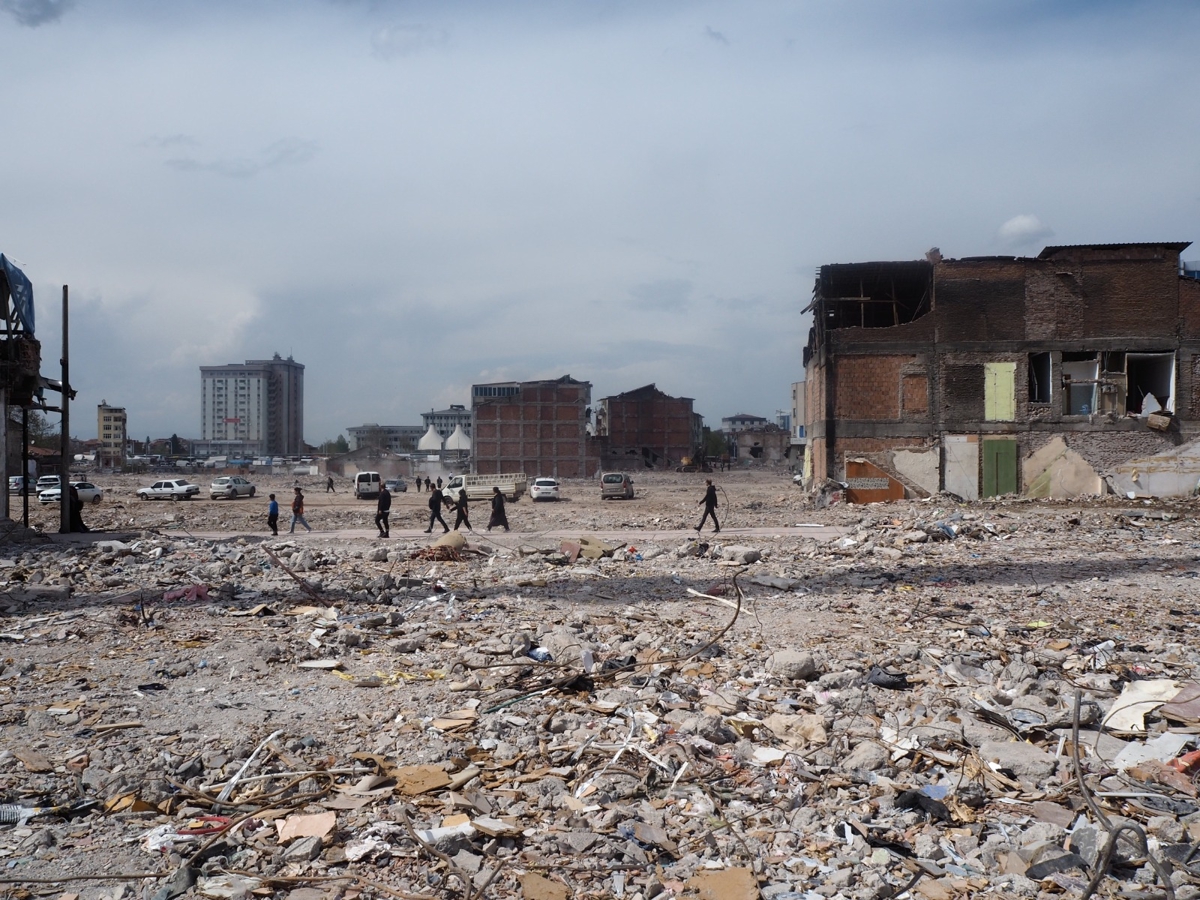
After the earthquakes, nearly 300,000 citizens have migrated from Malatya, where life has become increasingly challenging. The housing problem has not been resolved in the city, and no measures have been taken against exorbitant rents. Many citizens who went out of the city faced housing problems upon their return, and these issues persist.
While the Minister of Environment, Urbanization, and Climate Change, Mehmet Özhaseki, announced that 103,019 earthquake-resistant and horizontally designed houses would be built in Malatya, only the foundation of 14,000 of them could be laid. A specific date for the delivery of the houses cannot be provided. According to the statements made, it is planned to deliver nearly 5,000 houses in the months of December, January, February, and March.
İkizce
The İkizce region, where earthquake houses are being built in the Yeşilyurt district, remains a subject of debate. Despite the statement by Erkan Özgür, the President of the Malatya Chamber of Geological Engineers, that the houses are being built on the fault line, the Housing Development Administration of Turkey (TOKİ) continues to construct the homes. The major issue regarding the earthquake houses under construction in İkizce, where some are planned for delivery, is related to sewage and drinking water. Despite assurances that there would be no problems with sewage and drinking water, infrastructure work has not been completed in İkizce.
Thousands of businesses were either destroyed or severely damaged in the earthquake. Nearly 4,000 containers were placed in various parts of the city for businesses, and marketplaces were created in some areas. Empty containers were provided to businesses as workplaces. Business owners had to cover all expenses, from air conditioning to electrical installations and water facilities, from their own pockets.
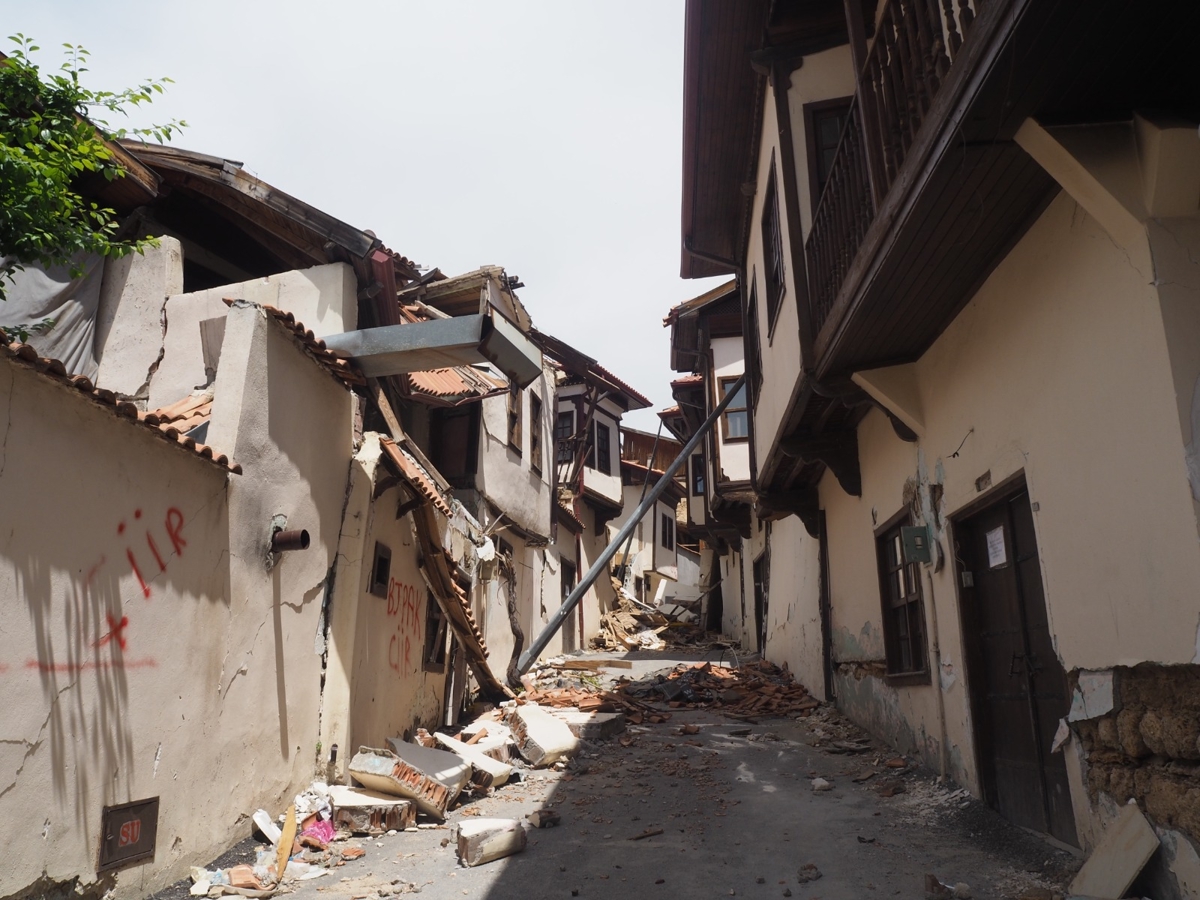
Citizens were placed in distant containers from their businesses, and there are still citizens in the city who have not been provided with containers. These citizens, unable to find containers, are trying to sustain their lives in challenging conditions in tents. Moreover, there are still teachers requesting containers from unions.
Some faculties at İnönü University, where nearly 40,000 students are enrolled, are unusable due to severe damage from the earthquake. Therefore, students continue their education in either other faculties or vocational high schools. Students, expressing that the educational conditions are not suitable, had to make a press statement to make their voices heard. (SA/AÖ/PE)






